VICTORIA — B.C. Premier David Eby said a trade mission to Asia next month will help the province become the “engine of a new 17łÔąĎÍř,” but an economist says B.C. also needs to take steps at home to become more competitive.
Eby will be visiting Japan, South Korea and Malaysia between June 1 and June 10 as part of a business delegation that will also include B.C. Agriculture Minister Lana Popham and Paul Choi, parliamentary secretary for Asia-Pacific trade.
Eby said the trip is aimed at deepening ties with existing customers buying goods from British Columbia and finding new ones for natural resources in demand around the world.Â
“So the first goal here will be to meet with those partners that we have internationally and expand the work that they are doing with us,” Eby said. “The second is to introduce B.C. businesses and connect them to new partnerships and new opportunities through various events that are taking place.”
Eby said the trade trip is part of a joint plan with the federal government to make 17łÔąĎÍř more independent and less reliant on the United States.Â
“We look forward to working with the federal government on delivering that vision right here off the West Coast of 17łÔąĎÍř, and partnering with other provinces and territories to make that reality,” Eby said.Â
Jairo Yunis, director of policy with the Business Council of British Columbia, said it’s important to diversify trade, but this agenda will only pay off if B.C. speeds up permitting for natural resources and becomes a more attractive place for foreign investors.Â
He cited potential energy exports to the Asia-Pacific as a key to diversification, while noting that the province had already reduced reliance on the U.S. in the past 20 years or so.
But he said diversification hinged on having the right “permanent regime” of competitive tax and regulatory structures.
“We have to do a lot of things domestically to make ourselves competitive in global markets,” Yunis said, and it was crucial that all levels of government were “rowing in the same direction” in the face of U.S. tariffs.
Japan and South Korea rank third and fourth among B.C.’s trading partners, well behind mainland China and the United States, which absorbs about 55 per cent of provincial exports.
BC Stats says Japan accounted for about 10.4 per cent of B.C. exports in 2024, while South Korea accounted for about 6.6 per cent.Â
“So the goal here is to continue to accelerate trade with these countries, to continue to create opportunities, trying to retain the jobs for British Columbians that diversified markets represent,” Eby said.Â
Key B.C. exports to Japan include energy, lumber and food products, including fish.Â
©2025 The Canadian Press


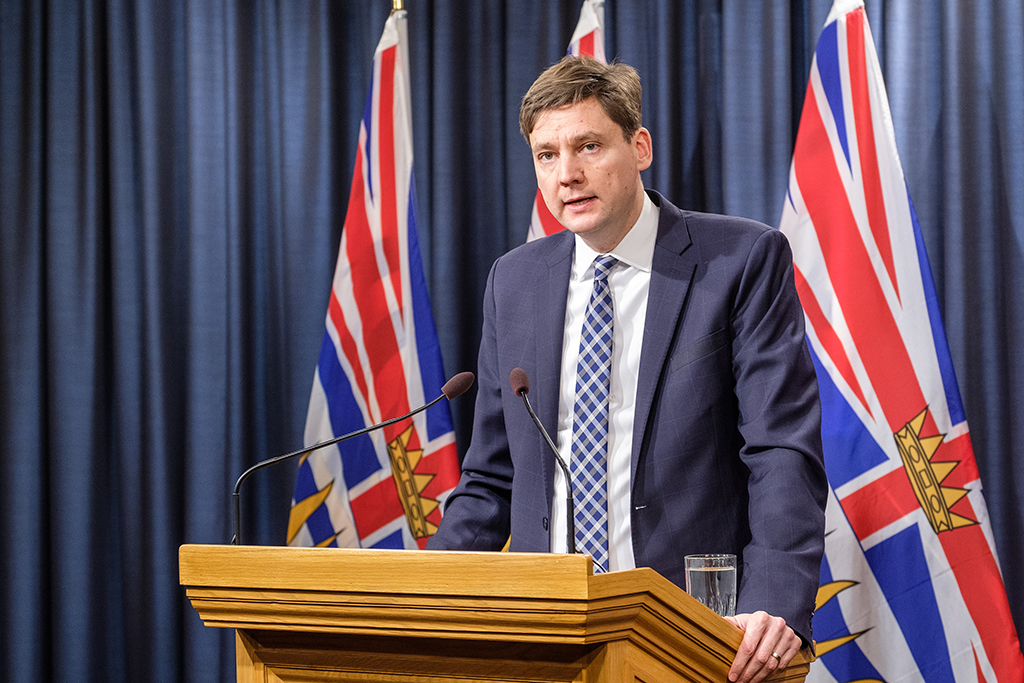
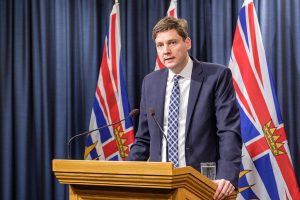

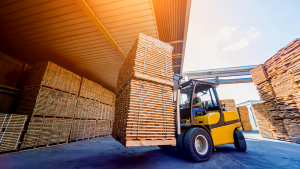
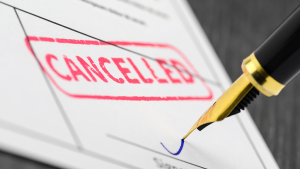
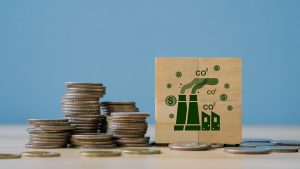
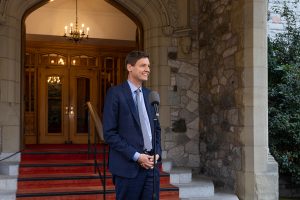
Recent Comments